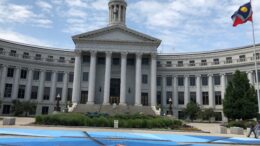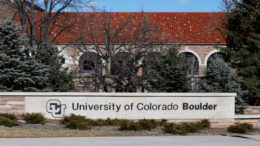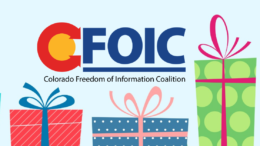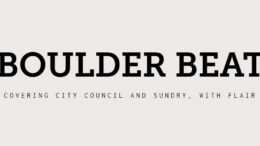Amended CORA bill requires a government entity to prove a records requester is ‘vexatious’
A reworked Colorado Open Records Act bill endorsed by a House committee shifts the legal burden of proving that a requester of records is “vexatious” to a government entity’s records custodian.








